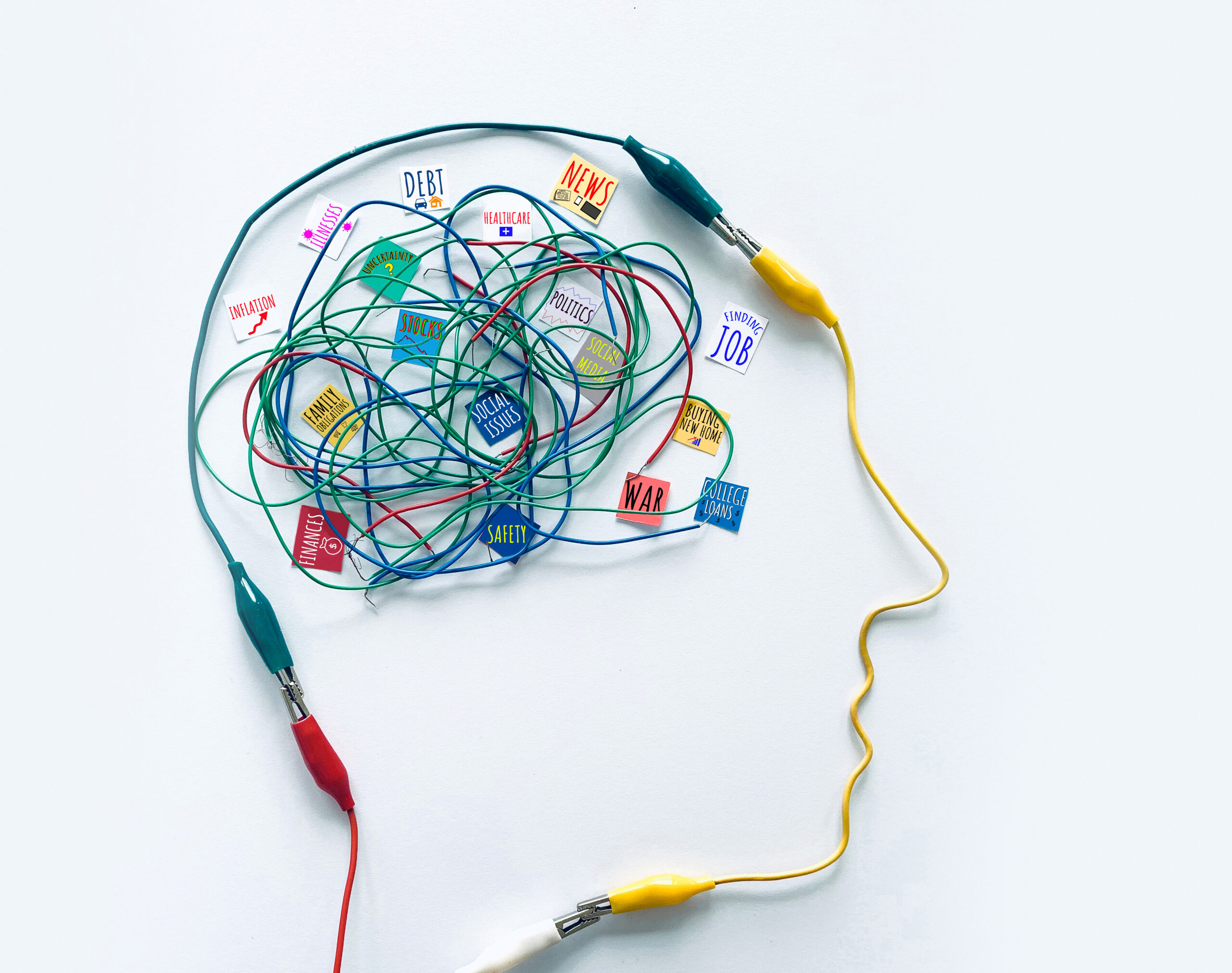About six months ago, my mom had a fall which resulted in a traumatic brain injury. This accident changed her in fundamental ways. Before the accident, my mom lived a vibrant, independent life. Now, she is dependent on care from her family. She has had to move from her house to living in a family member’s house.
She is, understandably, struggling with all this change. Her current state often leaves her confused, disoriented and sad. While she is tries to adapt, her emotional state is highly volatile – ranging from deep despair to raging anger.
Between these two states, she cannot moderate her response to most things.
Yet, I noticed something strange that got me thinking. I notice when she gets really angry, her mind sharpens to express the full depth of her anger. Her insults are well aimed and nothing works better to bring her back closer to herself than anger. In her angry moments, she is able to overcome the damage of her brain injury to focus toward a purpose.
This helped me understand more fully how anger is the jet fuel of directed, purposeful actions in diverse online discourse. It frames a situation so well because there is a clear roadmap of outcomes. It is clear anger is the main dynamic used in social media by every side of any debate.
With anger, the goal is to disarm those we are angry with.
With anger, we seek retribution for the perceived harm that was caused.
With anger, a diverse group of people can coalesce into a community of rage.
With anger, the goal is to “destroy”, usually through insults or hyper-snark, those that harmed us.
Anger, it turns out, is an incredibly efficient platform to organize a lot of people’s thoughts, actions and intent.
Typically, love is used as a tool to counter anger. Unfortunately, while powerful, love is hardly as efficient because the outcome is not clear. With anger, the goal is obvious. With love, the goal is nebulous. How do we “love” our opponent to affect change?
Today, I realize more clearly why anger is the fuel that propels Internet’s public discourse today.
Tomorrow, we will use the only weapon effective against anger in online discourse – online trust.
Trust online is the antidote that will put anger in its rightful (and less damaging) place with verifiable online trust tools and practices. Through trust practices online, like resisting the impulse to respond with anger in online conversations, we can begin to reclaim the Internet from the anger of the haters to a broader community of people who want the Internet to be a force for good that it can be.
__________________________________________________________________
Author’s postscript: February 2024. Since this post, I am saddened to report my Mom passed away due to her injuries. Yet she continues to inspire me everyday to work harder and help shape an Internet that is productive and safe for everyone. It is a mission that is sacred.





